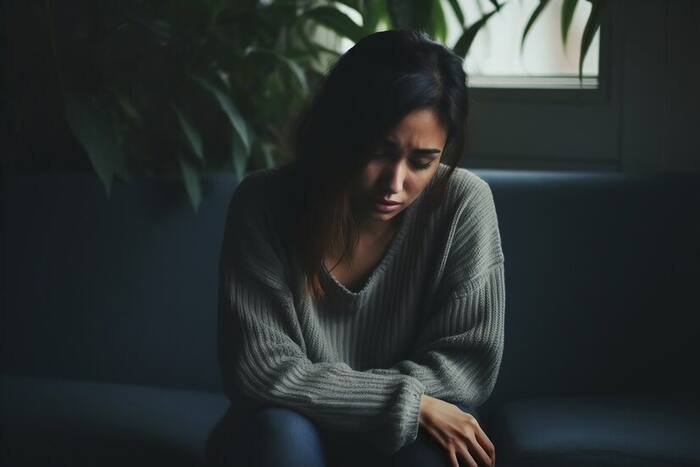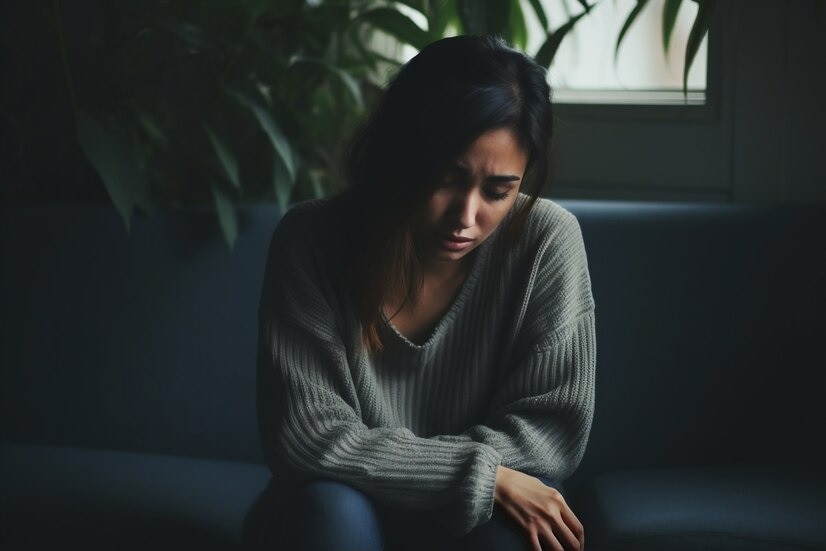Anxiety disorders, defined by excessive fear, restlessness, and muscle tension, are disabling and can increase the risk of depression and suicide. Research shows that women are nearly twice as likely to suffer from anxiety disorders compared to men due to various factors.

Anxiety disorders are the most common mental illness affecting millions of people worldwide. However, several research studies show that women are significantly more likely to experience anxiety disorders than men. The interplay of biological, psychological, and societal factors contributes to the higher susceptibility of women to depression and anxiety.
Here are some key factors contributing to the gender difference.
- Biological Difference: Women’s hormonal fluctuations, particularly related to the menstrual cycle, pregnancy, and menopause, can influence anxiety levels. Estrogen and progesterone, two key hormones in women, can impact brain chemistry and contribute to heightened anxiety.
- Coping Strategies: Men and women often use different coping strategies when dealing with stress. Women are more likely to internalise stress and ruminate on negative thoughts, which can exacerbate anxiety as compared to men.
- Brain Chemistry: Studies suggest that women may have differences in brain chemistry that make them more susceptible to anxiety. For example, the neurotransmitters that regulate mood, such as serotonin, may function differently in women, making them more prone to anxiety disorders.
- Abuse And Trauma: Studies indicate that women are more likely to experience physical and mental abuse than men. Abuse has been linked to the development of anxiety disorders. Child abuse, especially sexual abuse can lead to alterations in brain chemistry and structure, potentially contributing to anxiety.
- Psychosocial Stressors: Women often face unique stressors related to societal roles and expectations. Balancing work, family responsibilities, and societal pressures can lead to increased stress and anxiety. Also, women are more likely to experience certain types of trauma, such as sexual assault, which can lead to anxiety disorders.
If you or someone you know is struggling with anxiety, seeking professional help is essential. Remember that you’re not alone, and support is available.
Denial of responsibility! Swift Telecast is an automatic aggregator of the all world’s media. In each content, the hyperlink to the primary source is specified. All trademarks belong to their rightful owners, all materials to their authors. If you are the owner of the content and do not want us to publish your materials, please contact us by email – swifttelecast.com. The content will be deleted within 24 hours.

